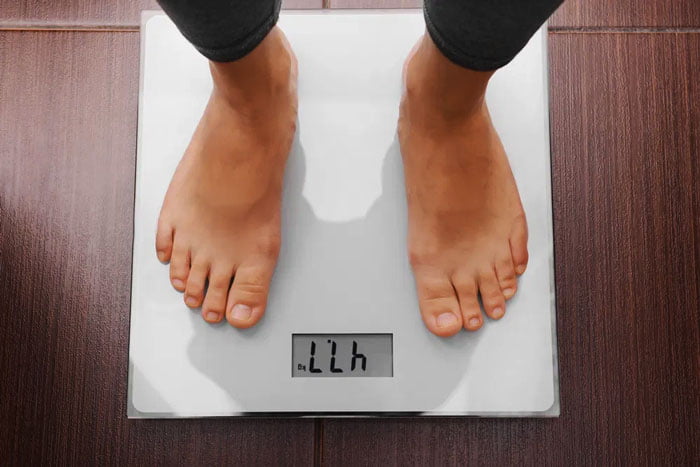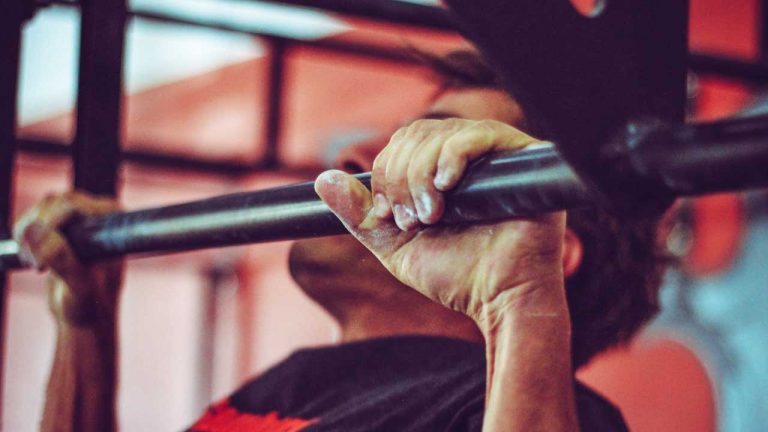5 Reasons Why You Get Headaches When Working Out
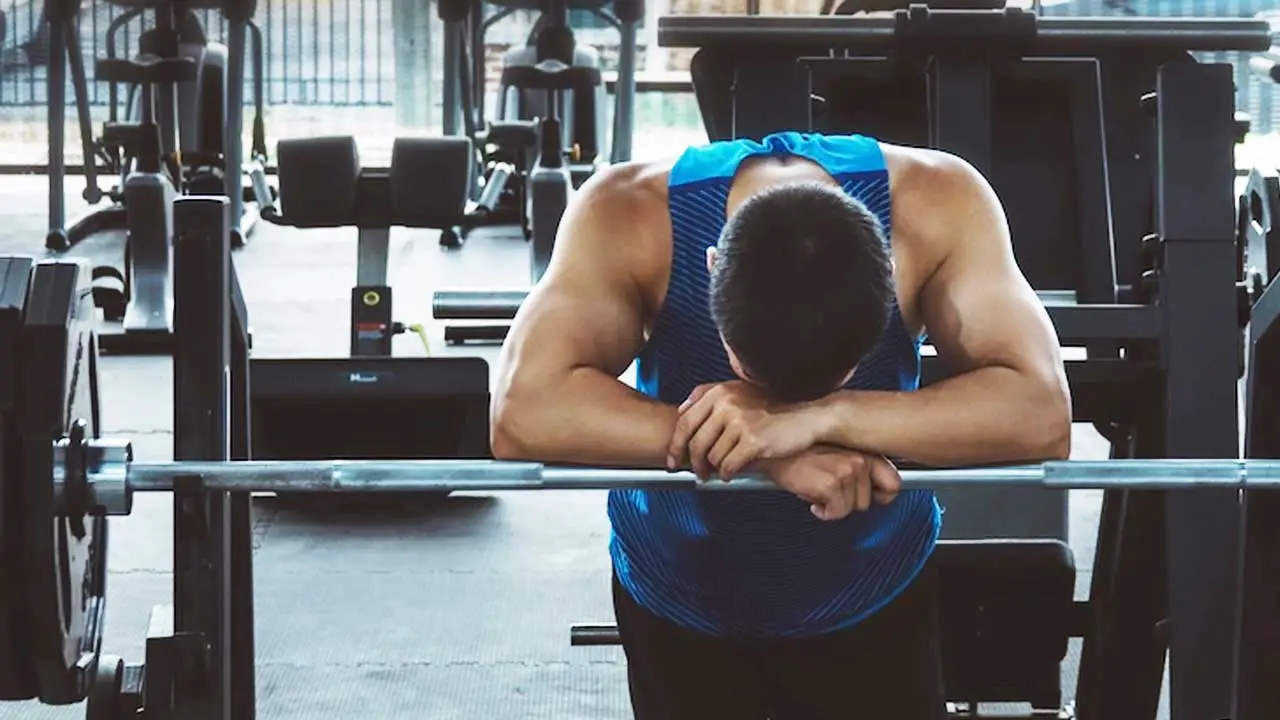
ListedFit is reader-supported. When you buy through links on our site, we may earn a small commission.
We all know that working out is good for you, but it isn’t always easy on your body.
Depending on the type of exercise and intensity, there are many activities that can cause aches and pains in muscles and joints.
In some cases, working out can also lead to headaches, which is why you need to know the reasons why you get headaches when working out.
Working out triggers an endorphin response in your body—that’s a good thing. These natural chemicals (endorphins) ease pain by binding to opioid receptors found in your brain.
Because they’re triggered by exercise, endorphins are often called feel-good chemicals because they make you feel great after working out. But too much intensity or frequency of workouts can lead to various types of headaches.
Here are 5 reasons why you get headaches when working out:
Table of Contents
- 1 Exhaustion
- 2 Dehydration
- 3 Muscles strain
- 4 Bright lights and screens
- 5 Food sensitivity and allergies
- Conclusion
1 Exhaustion
Exhaustion from overtraining is one of the most common reasons why you get headaches when working out.
Exercising too much and being exhausted can cause you to experience symptoms of overtraining such as extreme fatigue, increased irritability, difficulty sleeping, mood swings, and decreased motivation.
Exhaustion can also lead to dehydration, which is another cause of headaches when working out. Exercising too much can take a toll on your body, so it’s important to know your limits and listen to your body.
2 Dehydration

When you exercise, your body heats up to regulate its temperature. This creates a lot of perspiration, which is why you should always hydrate with water during exercise.
If you don’t, you are likely to get dehydrated and it can lead to a headache. Exercising in hot weather can also result in dehydration, as your body will sweat even more in an extremely warm environment making you lose more fluids.
The hotter and more humid your surroundings are when exercising, the more you need to drink water to avoid dehydration and a headache. Consider electrolyte supplementation to help replenish fluids more efficiently
3 Muscles strain
Muscle strain is another common cause of headaches that is related to working out.
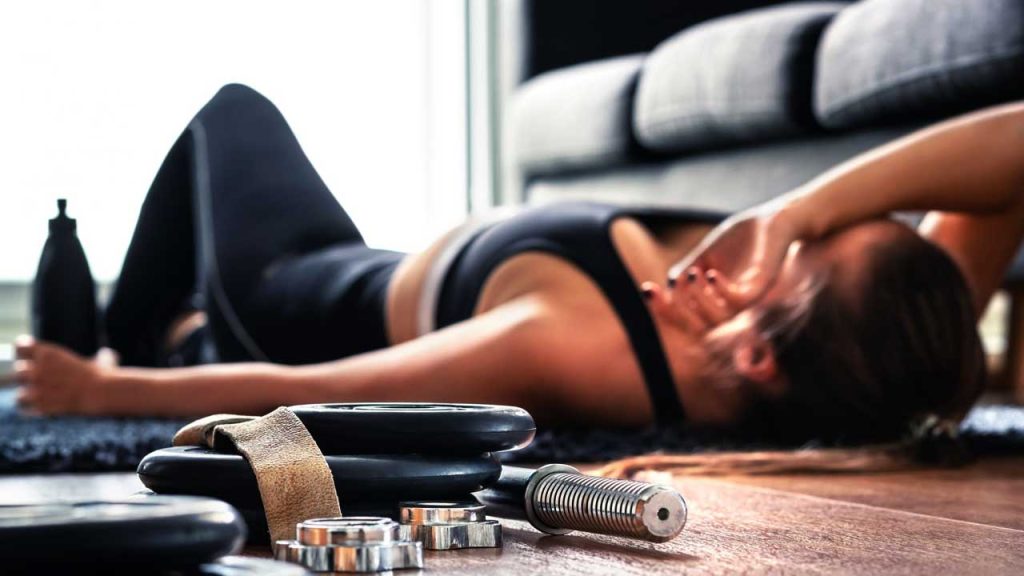
If you exercise too strenuously, your muscles can become strained and this can lead to headaches. Warming up before your workout can help prevent muscle strain and headaches that follow.
Exercising with proper form can also lower your risk of muscle strain and headaches. You can also reduce the likelihood of muscle strain and headaches by working out at a moderate intensity.
Exercising at a moderate intensity has been shown to improve your overall health and reduce the risk of headaches. If you train super intensively, try to introduce some days when you just do light workouts, or maybe just have a day when you do light stretching.
4 Bright lights and screens
Excessive exposure to bright lights and glare from screens when working out can also lead to headaches.
When you exercise, you are likely to spend time in rooms with bright lights as well as outside in bright sun, which can trigger headaches.
A lot of modern gyms have bright fluorescent lighting and lots of TV screens and of course mirrors which make the space very bright. This isn’t a good thing for everyone.
Exercising in a room with bright lights can also cause dizzy spells and sometimes motion sickness, which can lead to headaches. Exercising near glare-producing screens (such as those found in gyms) or outside in direct sunlight can also trigger headaches, particularly if you’re nearsighted.
You can try to avoid headaches due to excessive light and screen exposure by wearing sunglasses or a visor and looking away from the glare during exercise. You can also wear sunglasses while exercising indoors and/or turn off bright lights while working out.
5 Food sensitivity and allergies
Food sensitivity and allergies can also lead to headaches when exercising. When you exercise, your body naturally heats up and releases extra hormones, which is one of the ways that exercise helps you lose weight.
When your body heats up, it releases histamines, which are natural chemicals that are often responsible for allergic reactions like swelling and itching. If you eat something that triggers a food sensitivity or allergy while exercising, it can lead to a headache.
The key is to know what foods trigger headaches for you, so consider keeping a food diary. Once you’ve gained an understanding of what food types trigger you, try to avoid them.
Conclusion
Exercising is beneficial for your health, but it can also be responsible for headaches in some cases.
Exhaustion, dehydration, excessive sweating, muscle strain, bright lights and glare from screens, food sensitivity and allergies, and muscle strain are the most common reasons why you get headaches when working out.
By being aware of these causes, you can attempt to prevent them from occurring.
Author
-
I’m a mother, yoga instructor, runner, and blogger. Originally from South Africa, I’ve been a yoga instructor for over ten years.
I share my time between raising a very boisterous toddler (the love of my life) and teaching small yoga classes, but more importantly, loving every second of it!
Latest entries
 FashionMay 26, 2023Does Lululemon Run Big or Small? A Quick Sizing Guide
FashionMay 26, 2023Does Lululemon Run Big or Small? A Quick Sizing Guide FitnessMarch 9, 2023Can Pickles Help You Lose Weight?
FitnessMarch 9, 2023Can Pickles Help You Lose Weight?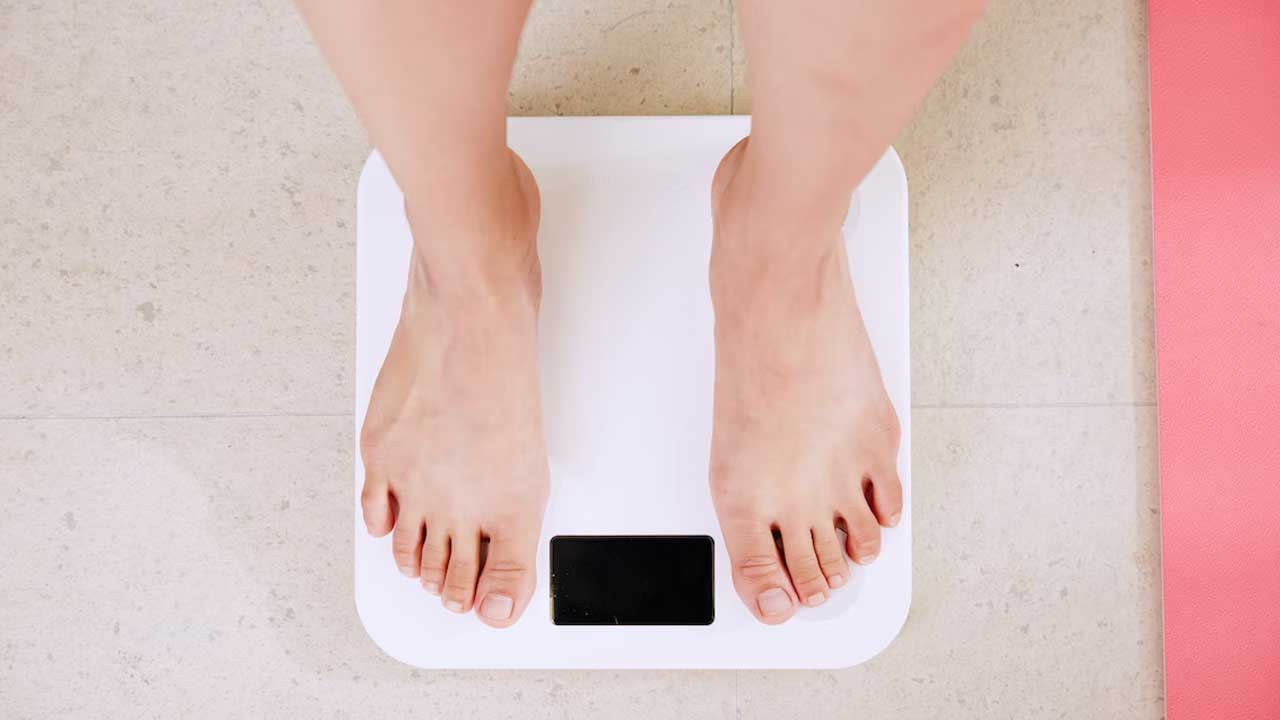 FitnessDecember 8, 2022Why Am I Not Losing Weight When I Exercise?
FitnessDecember 8, 2022Why Am I Not Losing Weight When I Exercise? FitnessNovember 25, 2022Tai Chi for Exercise- The Benefits of An Ancient Exercise
FitnessNovember 25, 2022Tai Chi for Exercise- The Benefits of An Ancient Exercise
Affiliates:
This post may contain affiliate links that at no additional cost to you, the site may earn a small commission. We only recommend products we would use ourselves and all opinions expressed on this site are our own.
General Advice:
The information provided in this article is for general informational purposes only. It is not intended as a substitute for professional advice. Always consult with a qualified healthcare professional before starting any new diet, exercise program, or making changes to your health routine.
Accuracy Advice:
While we strive to provide up-to-date and accurate information, the content in this article may not reflect the most current research or medical guidelines. We encourage readers to do further research and consult with professionals for more personalized advice.
Our Recommendations:
The products and services mentioned in any of our articles are recommended based on our independent research and personal experience. We are not sponsored by any company. We aim to suggest products and services we believe are of high quality and could be beneficial to our readers.



